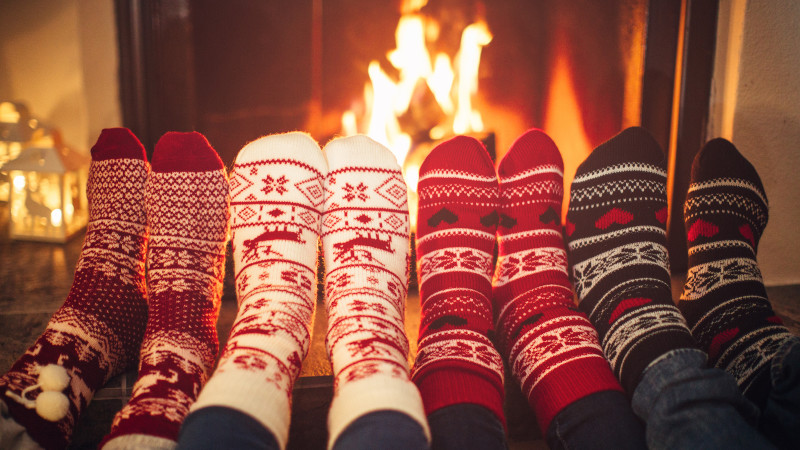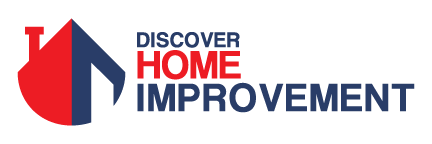
Having a warm home is an essential part of getting through the winter season comfortably, but it should never compromise you and your family’s safety. For example, in Canada, Fire Prevention Canada reports that home fires happen most commonly between December and March. This is often due to unattended stoves or burning candles, but you can also reduce the risk of home fires by ensuring that your heating sources or appliances are used properly. Here are five heating safety tips to prepare for the cold season.
1. Have your furnace or boiler inspected annually. Before you start using your heater, schedule an inspection and maintenance appointment. This will ensure that your system is clean, filters are replaced, and any potential problems are addressed.
2. Get your vents and ducts cleaned. Your heating equipment vents need to be able to properly vent outside, so keep your ducts clear to prevent blockages. During the winter, make sure that the outside vent is kept clear of snow to prevent carbon monoxide build-up inside your home.
3. Schedule an annual inspection and cleaning service for wood-burning heating sources. Your fireplace or wood-burning stove should be cleaned and checked regularly, ideally before you start to use it for the season.
4. Test your home’s alarm systems. A monthly check of your smoke and carbon monoxide detectors will ensure that they are working properly and set to alert you if needed.
5. Keep a fire extinguisher handy. Have one working fire extinguisher stocked in your kitchen and check it regularly to make sure that it is operational. Make sure that everyone in your home knows how to use it.
This also provides a great learning opportunity for children to ensure that they understand fire safety, both in how to prevent fires and how to respond if one occurs. Have an emergency plan in place that you can practice with your family. Being prepared is the best way to heat your home safely.






